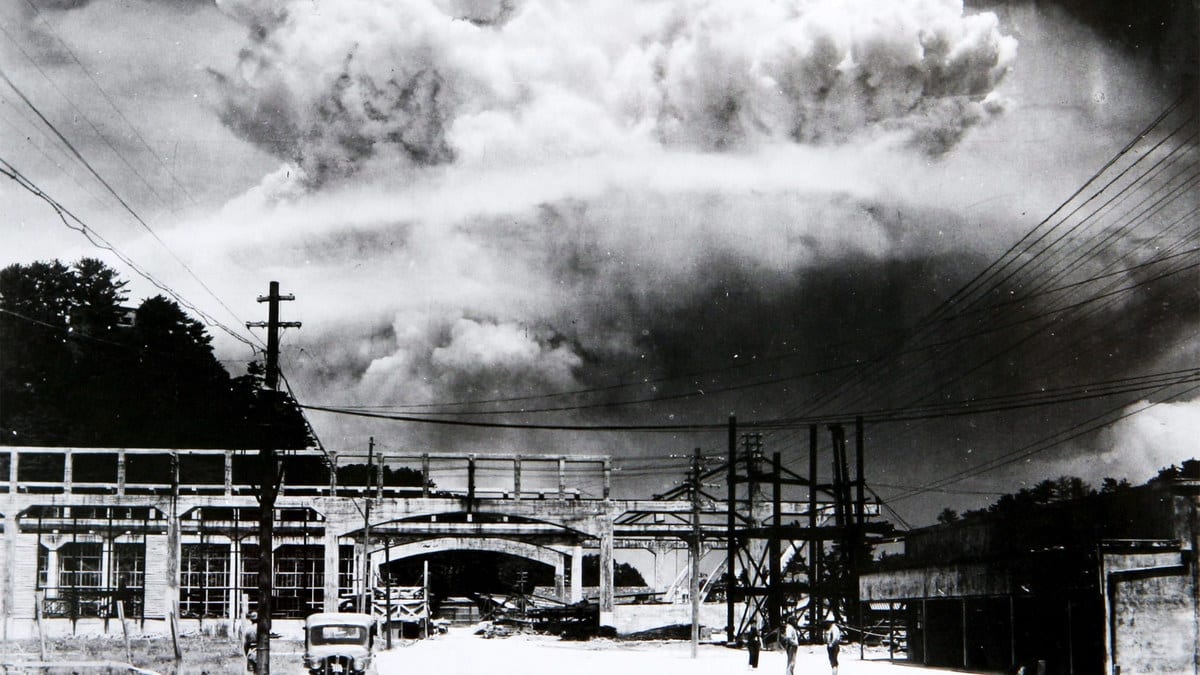Were Hiroshima and Nagasaki War Crimes? It’s Not so Simple.

This Thursday, August 6, will mark the 75th anniversary of the bombing of Hiroshima, an event that would lead to Japan’s surrender and the end of World War II, a global conflagration which, over six blood-filled years, had cost 75 million lives and inflicted untold misery and devastation on millions more.
At the time, the news of the nuclear weapons that demolished Hiroshima, and three days later Nagasaki, was greeted with enthusiasm by an American public that felt vindicated in its war against an implacable foe that did, after all, start the war. Americans at home were relieved that, with Tokyo’s imminent capitulation likely, their sons would not have to face the grim prospect of invading Japan after the heavy toll already taken in the Pacific fighting.
The conviction that the U.S. was justified in dropping the bombs remained high in surveys of the postwar generation. A Gallup poll taken in 1945 showed that 85 percent of Americans supported the atom-bombings. But over the past 75 years, public opinion has shifted significantly. By 1995, only 57 percent supported the nuclear strikes, a decrease of almost 30 percent. When President Obama visited Hiroshima in 2016, a CBS news poll found a virtual split on the issue: 43 percent approved, 44 percent did not.
tinyurlis.gdu.nuclck.ruulvis.netshrtco.de
